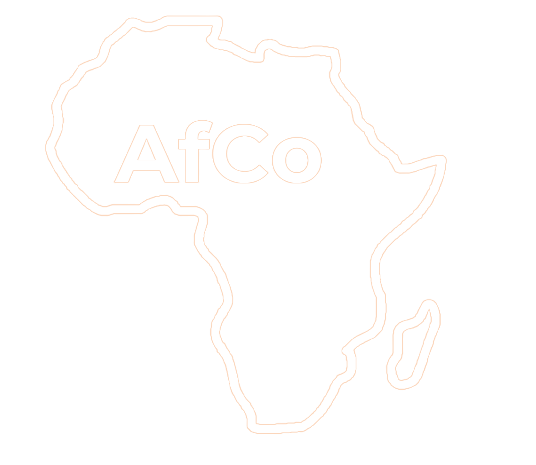VAT and fiscal transition in Africa: The new issues
The expansion of the VAT base to include basic goods, in particular food, is currently a hotly contested issue, especially in Niger. This paper argues that a substantial expansion of the VAT base is necessary to generate the revenue critical for a successful fiscal transition (replacement of tariff revenue, which is currently in decline, with internal taxation revenue). Counter-intuitively, it would seem that this expansion would reduce the handicap to local producers stemming from the maintenance of VAT, leading to situations of negative real protection. This would improve the income of producers, especially farmers, who are often poor. However, compensation measures (targeted subsidies, etc.) will be necessary to help vulnerable consumers who will be negatively impacted. Like any other major fiscal reform, the expansion of the VAT base must be preceded by careful planning: assessment of the fiscal costs due to tax exemptions, economic and social impact studies, an information and communication campaign, etc. Further, its acceptance will depend on several conditions: the choice of a favorable economic environment, good governance, proper management of public spending, coordination with dismantling of tariffs, etc.
